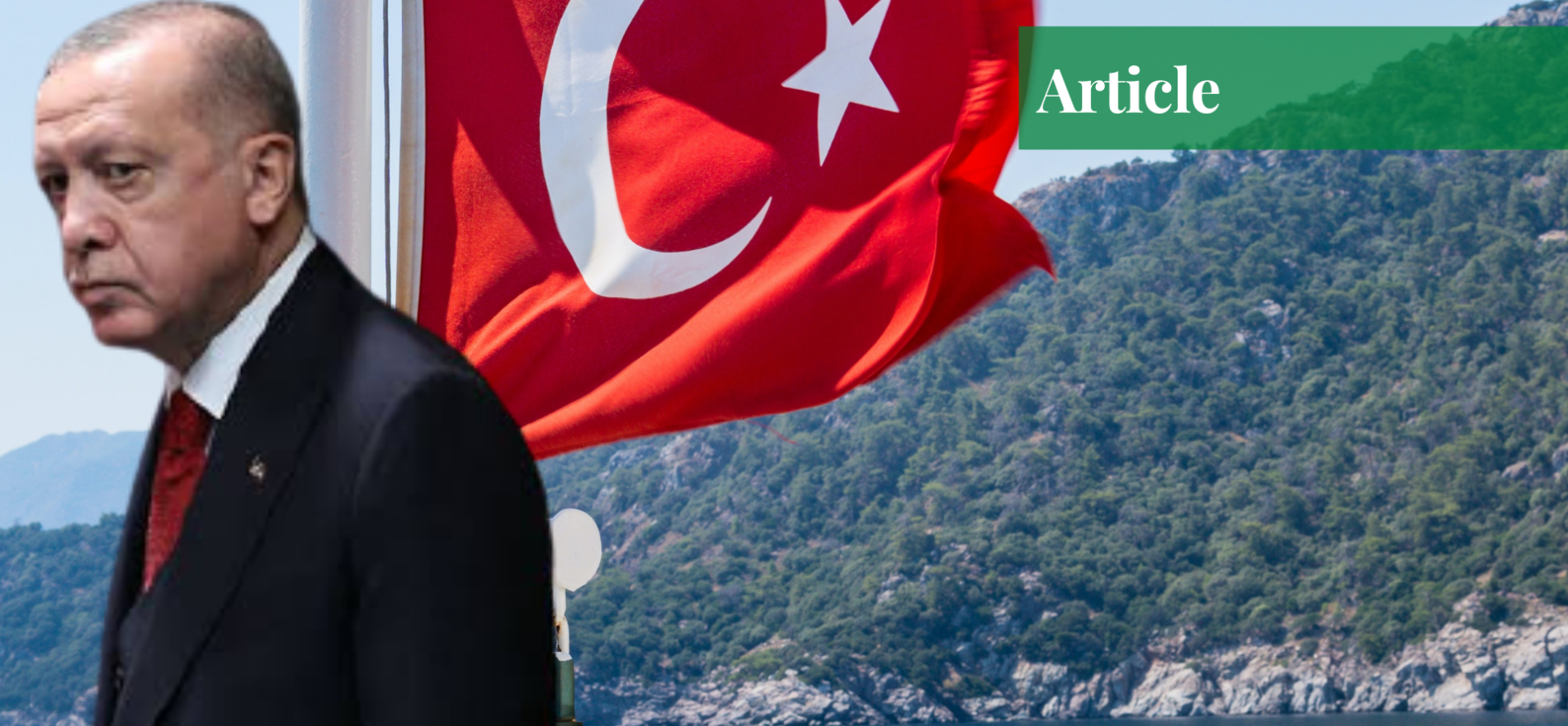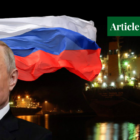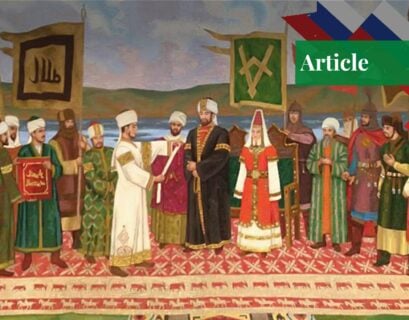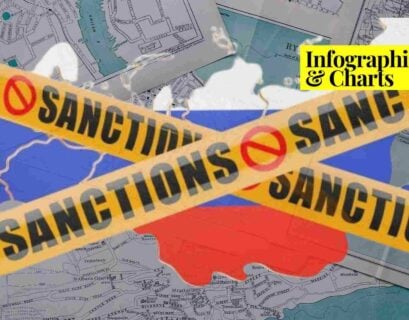Mr Muhammad Hamza Tanvir is an independent journalist and a political analyst, focusing primarily on regional and global strategic and political issues. He has authored numerous articles for different national and international publications.
Introduction
In March 2021, President Recep Tayyip Erdogan’s plan to construct a shipping canal in Istanbul, known as the Istanbul Canal, akin to the Suez and Panama canals has been proved by the Turkish government. This canal will be an alternative to Turkey’s internationally used straits which connect Asia to Europe. The Istanbul Canal will be 45km (90-mile) long and is expected to cost $15bn.
The Turkish President and government officials claim that this project will be highly beneficial for the Turkish economy and will mitigate the dangers and risks associated with the oil tankers passing through the Bosphorus Strait, along with reducing the behemoth marine traffic. Almost 48,000 vessels of all sizes pass through the Bosphorus every year and a colossal amount of these ships carry tankers that contain millions of tons of crude oil.
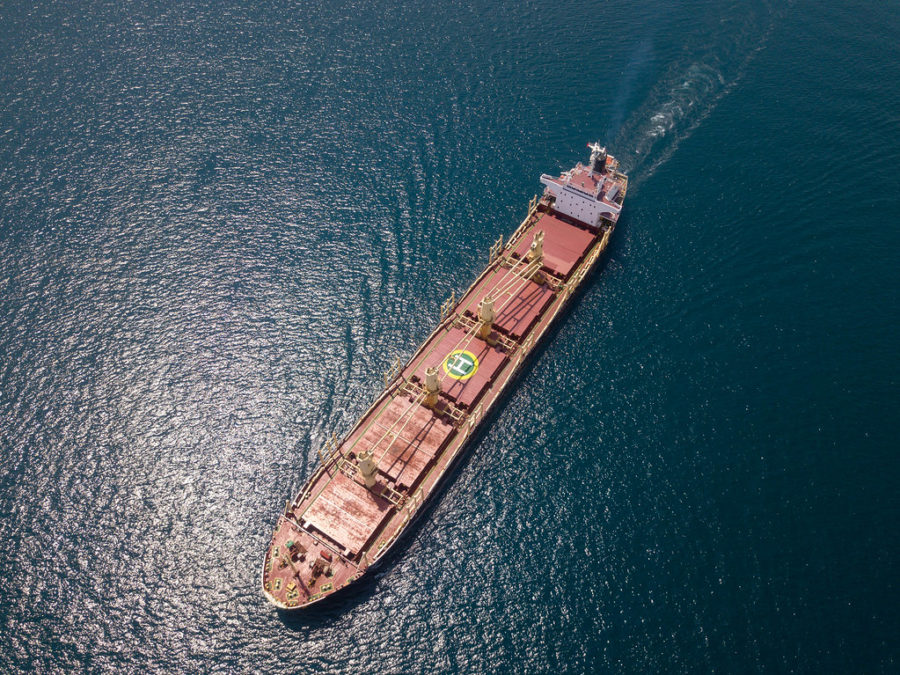
As per the Turkish government, the main rationale behind the construction of the Istanbul bridge is to reduce this traffic and the peril associated with it. Although the Turkish government explains various benefits of the Istanbul Canal, yet, it is one of the most contentious matters inside Turkey and the region. The opposition of the Turkish government holds that this project will jeopardize the life of the people living in Istanbul city due to multiple reasons and will also divide the city into two parts.
Many environmental experts have also declared this project to be detrimental to the life of many species living in the forest from which this canal is supposed to pass. One of the major concerns of the environment experts is that the Turkish government will have to cut thousands of trees to complete this project as it passes through the area which is thickly covered by forest.
On one hand, this project will augment the defense capabilities of Turkey and on the other hand, it has increased the chances of confrontation between Russia and Turkey as the Montreux pact would not be valid on the traffic passing through this canal. This article describes the importance of the Istanbul Canal and explains the concerns of the Turkish opposition and environmental experts. It also elucidates how this canal could jeopardize Russia and favor the USA and its NATO allies.
Breaking the Restrictions of the Montreux Convention
Turkish President Erdogan is known for his mega projects like the underwater Eurasia Tunnel in the Bosphorus and many others but he has attributed the Istanbul tunnel as his craze. This project envisages a 45km long waterway with a depth of 20 meters and a width of 275 to 350 meters which links the Black Sea with the Sea of Marmara. It is the busiest sea route in the world as almost 50,000 vessels pass through this canal annually which is much greater than the traffic in the Panama Canal and the Suez Canal, where 12,000 and 17,000 vessels pass every year, respectively.
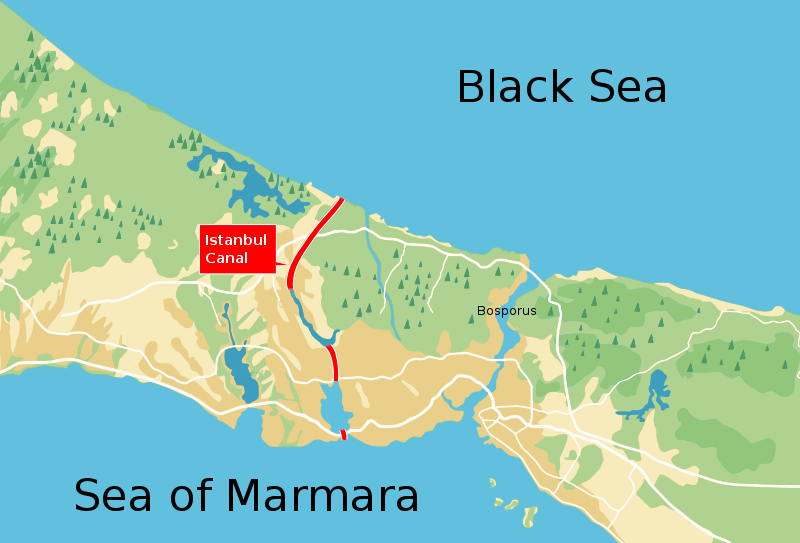
This project is expected to complete in the next six years. The Turkish government holds that the main rationale behind the construction of the proposed Istanbul Canal is to decrease the traffic in the Bosphorus which is the only way to link the Black Sea to the Sea of Marmara. This makes all the Black Sea countries rely on this sole canal to trade with the rest of the world.
Russia’s only warm water port is also present on the Black Sea. This contributes to the issue of long waiting times for entry in the Bosphorus Strait which would be resolved after the construction of the Istanbul Canal. This proposed canal will also divert the dangerous traffic away from the densely populated area of Istanbul.
The traffic in the Bosphorus has increased enormously since the signing of the Montreux Convention in 1936; it has especially increased 72% since 2005. The Montreux Convention regulates the usage of the Bosphorus and Dardanelles straits for all kinds of cargo ships from the rest of the world to the Black Sea countries. This agreement grants Turkey rule over the waterways and peacetime guarantees for accessing civilians.
The passage of warships through these straits is subject to prohibitions that vary depending upon the countries they belong to – if they belong to the countries along the Black Sea or not. The treaty bounds the countries outside the Black Sea like the USA, the UK, and Germany to keep their war vessels in the Black Sea for 21 days.
It also restricts all non-Black Sea countries to keep a total of 9 warships in the Black Sea, at a time, while the war vessels of all the Black Sea countries like Russia can move freely through the Bosphorus Strait after just informing Turkey beforehand. This makes the Black Sea countries secure from any sort of huge navy threat. Unlike the Suez Canal, Turkey is bound to not receive any kind of taxes from the Black Sea countries’ vessels passing through the Bosphorus Strait.
The Montreux agreement allows Turkey to close the Bosphorus Strait for all sorts of traffic in case of war on Turkey. Keeping all the stipulations of the Montreux Convention in mind, it is not difficult to construe that the real intention of President Erdogan behind the construction of the Istanbul Canal is to avoid the provisions of this agreement which will make Turkey eligible to tax all the vessels passing through this proposed canal.
The Istanbul Canal will also help Turkey to bring in the war vessels of its NATO allies in the Black Sea which will increase the strategic importance of Turkey. President Erdogan said in January 2021 that the Montreux Convention would not apply on the planned canal and only binds the Bosphorus and Dardanelles straits in terms of maritime traffic.
This statement of Erdogan also corroborates the idea that the main intention of Erdogan is to remove the shackles of the Montreux Convention as he believes that the global powers of the time used the weak position of Turkey to secure their interests through this agreement.
The proponents of this canal hold that this project will provide a colossal number of jobs to the citizens of Turkey. This, in return, will also help the country to gain money as it is trying to persuade European and Arab businessmen to invest in this project and other related industries alongside this canal.
Criticism on the Istanbul Canal Project
Concerns of Environmental Experts
The opposition party in Turkey and environmental experts have raised serious concerns over this proposed canal. They hold that the canal will cause ecological damage in Istanbul by exacerbating the perils posed by earthquakes. Environmental experts say that the construction of the proposed canal could imperil the water supply of Istanbul as through this canal the waters of the Black Sea and the Sea of Marmara will get mixed. This will have serious ecological consequences on the already insubstantial water supply and marine life.
The mixing of the water of the Sea of Marmara and the Black Sea will have severe impacts on marine life which is already under the threat of pollution. The Black Sea is already a polluter of the Sea of Marmara and the Istanbul Canal will open a new way for the former to pollute the latter. This will be highly detrimental to marine life. The proposed canal will result in ending the life of numerous species which are already on the verge of being extinct because this project will involve cutting the almost 200,000 trees in the area of almost 350 hectares of land.
They also maintain that the construction of the Istanbul Canal will pollute the ground and will spur the water problem of the city which dates back to Byzantine times. It is said that according to the government’s reports, almost 40% of the city’s water comes from the European side of Istanbul which will be highly impacted by this canal.
Most of the site of this proposed canal is consistent with villages and claims lands of these villages. The natives of these villages will also be among those who will be severely impacted by this canal as most of the villagers know no other job than farming which they will be unable to do if their land is taken by the state.
Turkish Opposition‘s Concerns
The opposition of Turkey, including the mayor of Istanbul, is highly critical of this project. They hold that investing such a high amount of money in this project will impinge the already stagnant economy of the country. Reportedly, the mayor of Istanbul, Ekrem Imamoglu, also accused Erdogan of proposing the construction of a residential area for 1 million people for benefiting his comrades which will indirectly provide him economic and political support.
On the other hand, the government thinks that the opposition and all the people opposing this project are working on the agenda of foes to refrain Turkey from being strong. Opponents of the project maintain that the construction of the Istanbul Canal will convert Istanbul city into an island which will be dangerous for the city from a defensive perspective and it will be hard to rescue the city in case of any natural catastrophe.
According to Al-Jazeera, more than 120 retired Turkish ambassadors stated this project warning that it would jeopardize the Montreux Convention and would impinge the absolute sovereignty of Turkey over the waterways. An open letter was also signed by more than 100 retired admirals criticizing this project.
They held that the Montreux Convention allowed Turkey to maintain its neutrality during World War II, so no action must be taken which could bring up this convention for discussion. This caused agitation among the government officials. They took it as an attempt to meddle in civilian politics. As a result, ten retired admirals who signed this open letter are being detained by the government.
Strategic Implications for Russia
Russia will be one of the most affected countries by this canal. The Montreux pact has restricted the US allies’ entrance to the Black Sea which aggrandizes the naval defense of Russia. The ideological rivalry between the USA and Russia is well known. The Montreux Convention would not be valid on the Istanbul Canal. This would allow the USA naval warships and war vessels of all the NATO countries to enter and remain in the Black Sea for an unrestricted time.
Russia’s fear is not only about its security but its real fear is that the presence of the NATO warships and the navies of non-Black Sea countries would encourage other Black Sea littoral states to look away from Moscow. President Erdogan’s statement about the inefficacy of the Montreux Convention has further cemented Russian concerns.
In April 2021, Russian President Vladimir Putin called on Erdogan to preserve the accord. Both countries held negotiations over the construction of the proposed canal. Turkey has reassured Russia that the Istanbul Canal is planned only to ease the traffic on the Bosphorus Strait and would result in the greater presence of NATO in the Black Sea.
The Russian foreign minister, Sergei Lavrov, told the reporters that they (Russian officials) are satisfied by their interactions with their Turkish counterparts. He further maintained, “During our negotiations, we put on record that the Istanbul Canal’s construction plans will in no way touch the parameters of the presence of foreign navies in the Black Sea.” Despite these assurances, the real intentions of the Turkish authorities and their Western allies will come out of the sack after the completion of the Istanbul Canal.
If you want to submit your articles and/or research papers, please check the Submissions page.
The views and opinions expressed in this article/paper are the author’s own and do not necessarily reflect the editorial position of Paradigm Shift.
